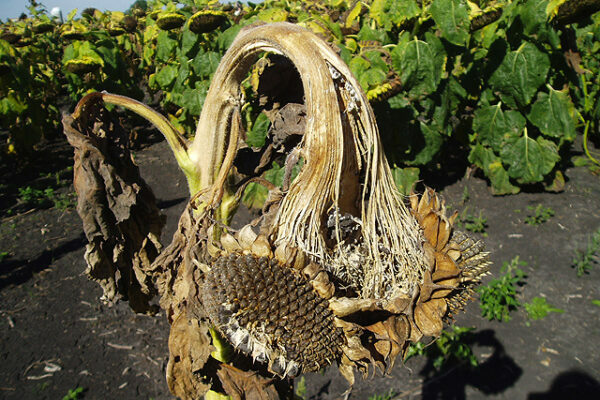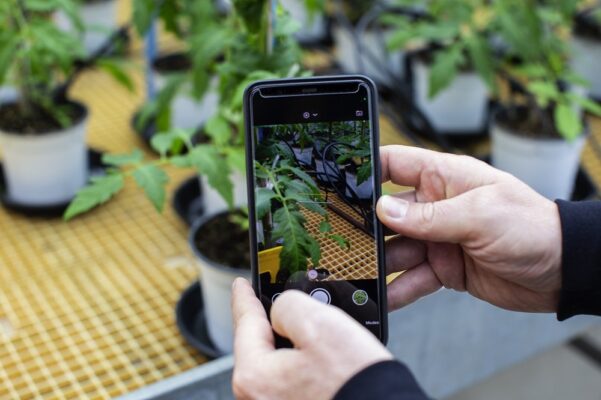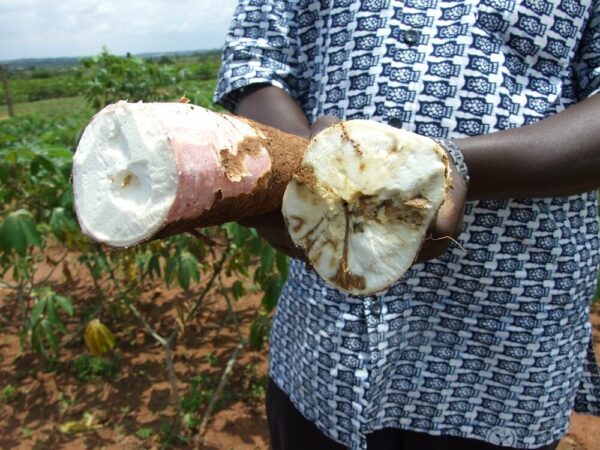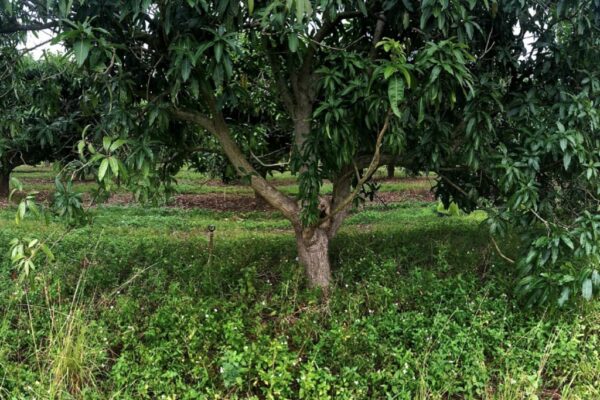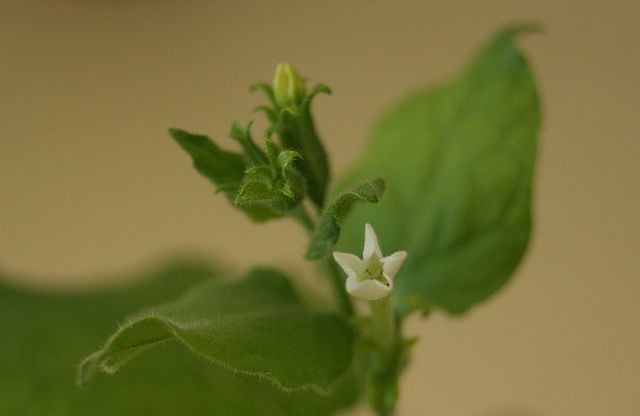
In contrast to previous assumptions, the defense hormones salicylic acid and jasmonic acid do not always suppress each other in regulating plant chemical defenses against pests and pathogens. In trees, the interplay of both hormones can actually increase plant resistance.…
Read More


